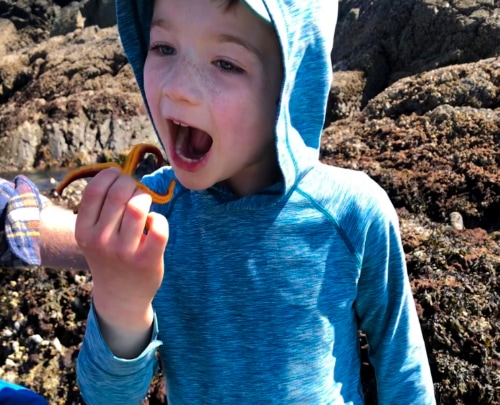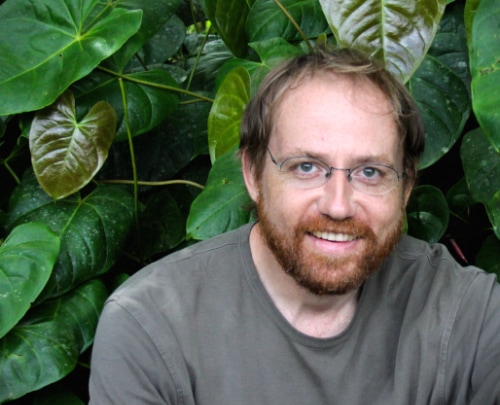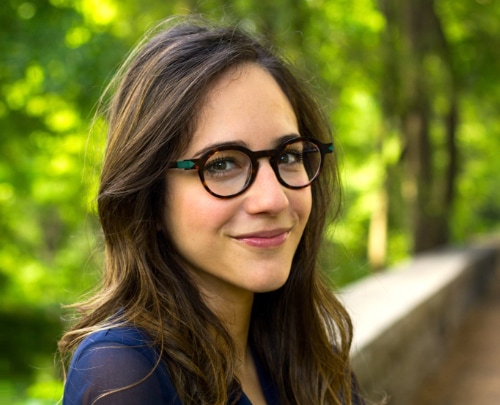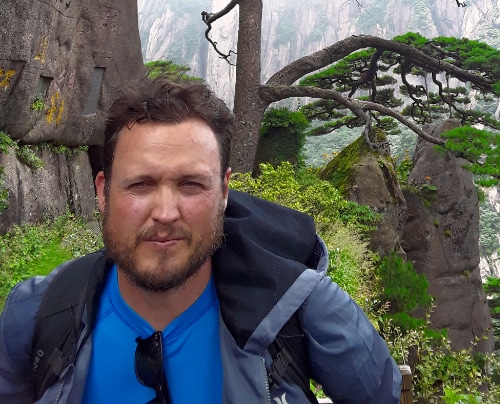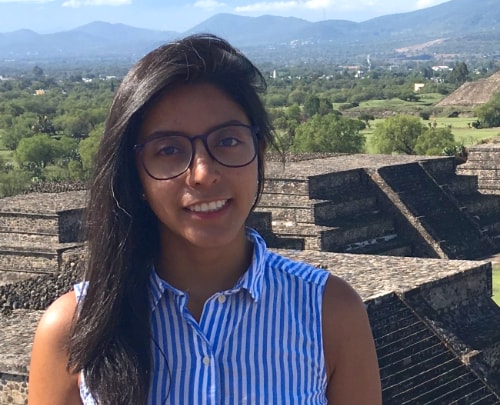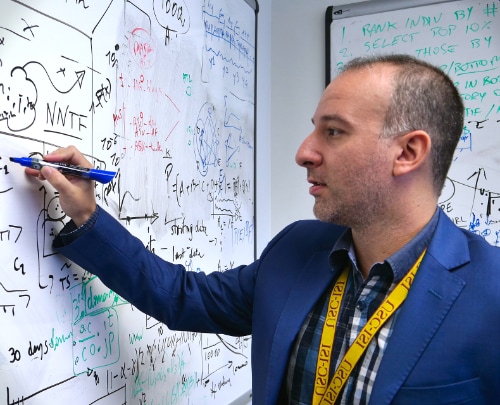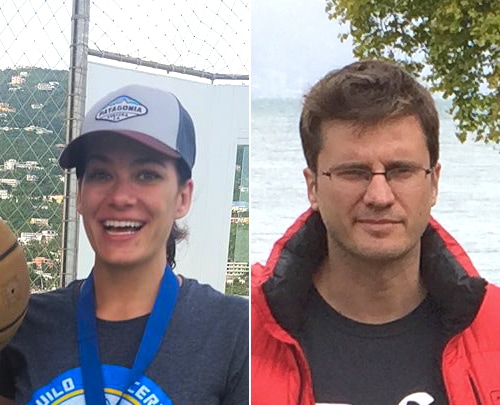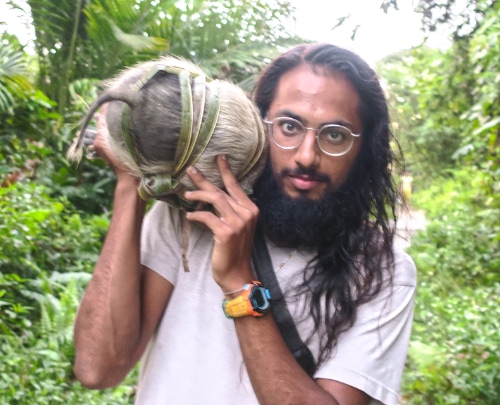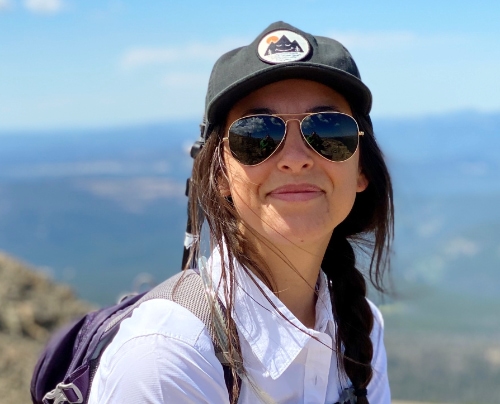8
Jun 2021
What matters more in getting cited — what you say or how you say it? In this remastered and remixed version of our first episode of the show, we're revisited by Ryan Kelly from the University of Washington's School of Marine and Environmental Affairs. He talks with us about his article "Narrative St...
23
Mar 2021
Do monkeys know how much fruit your sunglasses are worth? In episode 96 of Parsing Science, we talk with Jean-Baptiste "JB" Leca from the University of Lethbridge's Department of Psychology about his field research observing interactions among macaques at a Hindu temple in Bali. There, the monkeys h......
9
Mar 2021
How much can you trust people's retelling of information the've read? In episode 95, Shiri Melumad from the University of Pennsylvania’s Wharton School of Business discusses her research showing that when – much like the children’s game “telephone” – news is repeatedly retold, it undergoes a stylist...
9
Feb 2021
What can a video game teach us about our epistemic philosophy? In episode 93, Luke Cuddy from Southwestern College’s philosophy program talks with us about the video game The Witness, which presents players with a multitude of increasingly sophisticated and frustrating puzzles that perhaps result fr...
26
Jan 2021
What effect did copying the U.S.'s legal system have on Colombia's incarceration system? In episode 92, Ángela Zorro Medina from the University of Chicago discussed her research into how transitioning to an adversarial model of criminal procedure – one controlled by the prosecutor and defense, rat...
12
Jan 2021
How are automated social media bots manipulating our political discourse? In episode 91, Emilio Ferrara from the University of Southern California discusses his research into bots' amplification of conspiracies theories across more than 240 million tweets regarding the 2020 U.S. presidential elect......
13
Oct 2020
How are Black women using social media to develop community and identity? In episode 85 we talk with Kyesha Jennings from North Carolina State University Department of English about her analysis of what the wildly popular meme "hot girl summer" - drawn from lyrics by hip-hop phenomenon, Megan Thee......
29
Sep 2020
Should I have done something differently? Or could nobody have seen it coming? In episode 84 Satoris "Tori" Howes from Oregon State University-Cascades and Edgar "Ed" Kausel from Pontificia Universidad Catolica de Chile join us to discuss their research into the malleability of narcissists' memory...
15
Sep 2020
Why do religious leaders abstain from some pleasures? In episode 83, Manvir Singh from Harvard University's Department of Human Evolutionary Biology discusses his research into why shaman healers among the a group of people off the coast of Indonesia observe costly prohibitions, such abstinence or......
1
Sep 2020
Does spanking really have lasting impacts on kids' later lives? In episode 82, Nicole Barbaro from Western Governors University Labs talks with us about her research into the factors that determine the answer to this question. Her study “The effects of spanking on psychosocial outcomes: revisiting...

